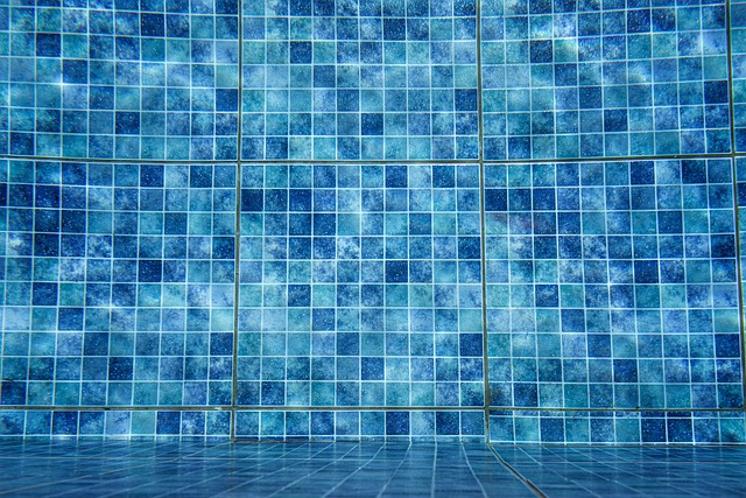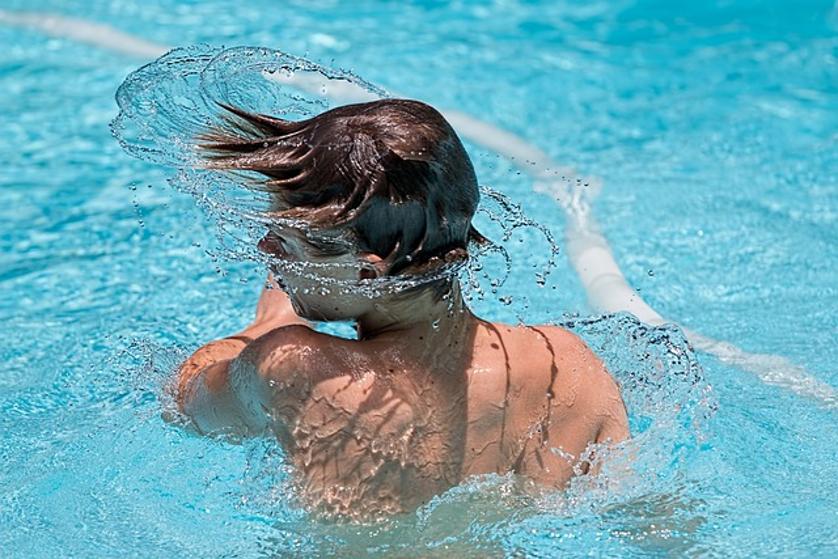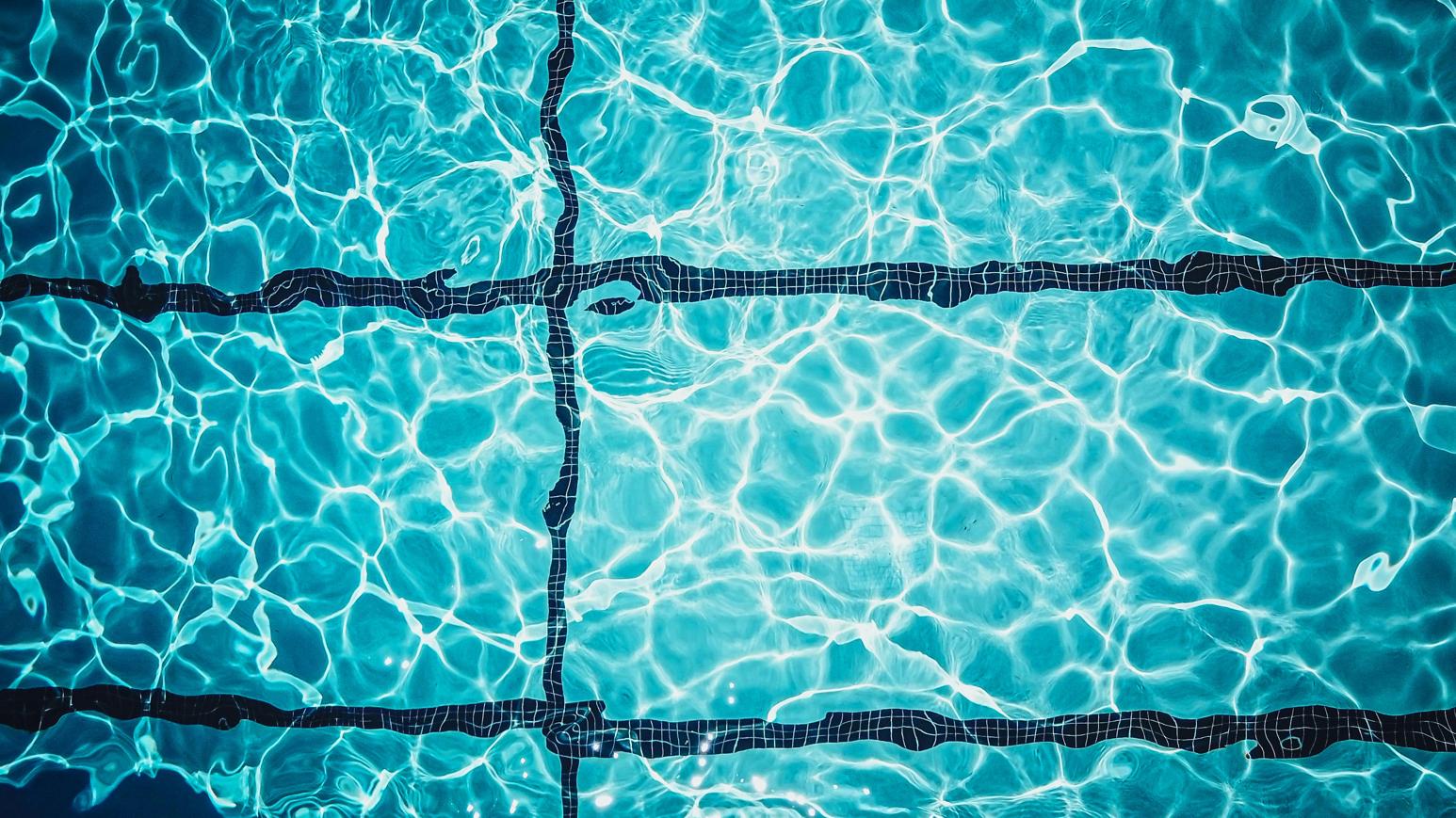Introduction
Maintaining a swimming pool involves more than just balancing chemicals and skimming debris. One crucial yet often overlooked aspect is keeping the pool tiles clean. Dirty tiles can mar the beauty of your pool and even harbor algae, which can make the water unsafe. Fear not! Cleaning pool tiles doesn’t have to be a daunting task. With the right tools and techniques, you can restore your pool’s sparkle and ensure it stays that way.

Types of Pool Tiles and Their Cleaning Needs
Understanding the types of pool tiles you have is essential for effective cleaning. Pool tiles can be broadly categorized into three types: ceramic, glass, and natural stone.
-
Ceramic Tiles: These are the most common and typically the easiest to clean. Their smooth surface helps in preventing algae and calcium buildup, but they still require regular maintenance.
-
Glass Tiles: Known for their aesthetic appeal, glass tiles are relatively resistant to staining. However, they can become cloudy over time due to mineral deposits, requiring a specialized cleaning approach.
-
Natural Stone Tiles: These include materials like travertine, marble, and slate. While they offer a rustic and natural look, they are porous and prone to staining and algae growth, demanding more frequent and careful cleaning.
Different tiles have varying needs when it comes to cleaning, but having the right tools can make a significant difference.
Essential Tools and Materials for Cleaning Pool Tiles
Before diving into the cleaning process, gather all the necessary tools and materials to make your job easier.
-
Tile Scrubber or Brush: Choose a brush with soft bristles for glass and ceramic tiles. For natural stone tiles, you might need a more robust brush.
-
Cleaning Solutions: A mixture of baking soda and water works well for most tiles. For stubborn stains, a commercial tile cleaner specific to pool tiles or a mixture of muriatic acid and water may be required.
-
Pumice Stone: This is particularly effective for removing calcium deposits, especially on ceramic tiles.
-
Protective Gear: Gloves and safety glasses are essential, particularly if you are using strong chemicals.
-
Garden Hose or Pressure Washer: After scrubbing, you’ll need to rinse the tiles thoroughly to remove all cleaning residues.
With the right tools and materials at hand, you’re ready to start the cleaning process.
Step-by-Step Process for Cleaning Pool Tiles
A systematic approach to cleaning pool tiles ensures thorough and efficient results. Follow these steps for a sparkling clean pool.
Preparation for Cleaning
-
Lower Water Level: Lower the pool’s water level until the tiles are exposed. This will make scrubbing easier and more effective.
-
Test Cleaning Solutions: Always test your cleaning solution on a small, inconspicuous area first to ensure it won’t damage the tiles.
-
Gather Tools: Make sure you have all your tools and materials within reach so you don’t have to interrupt the process to fetch something.
Tile Scrubbing Techniques
-
Apply Cleaning Solution: Apply your chosen cleaning solution to the tiles. For homemade solutions, mix equal parts baking soda and water into a paste. For commercial solutions, follow the manufacturer’s instructions.
-
Scrub Gently: Use your brush to scrub the tiles gently, focusing on stained or dirty areas. Use circular motions to avoid scratching the tile surface. For harder buildups, apply more elbow grease or use a pumice stone.
-
Special Attention: Pay special attention to natural stone tiles as they can be more delicate. Avoid using overly abrasive materials or solutions that may seep into and discolor the stone.
Rinsing and Finishing Touches
-
Rinse Thoroughly: Use a garden hose or pressure washer to rinse off the cleaning solution completely. Make sure no residues are left behind as they can affect the pool’s water chemistry.
-
Inspect Cleaned Tiles: Inspect the cleaned areas for any missed spots and re-scrub if necessary. Better to address them now than to have to redo the entire process later.
-
Balance Pool Chemistry: Once the tiles are clean, refill the pool and adjust the chemical levels as necessary. Clean tiles and balanced water chemistry go hand in hand for a well-maintained pool.

Tips for Maintaining Clean Pool Tiles
Maintaining clean pool tiles requires regular upkeep but can save you from intensive scrubbing sessions in the long run.
-
Regular Brushing: Brush the tiles at least once a week to prevent algae and calcium buildup.
-
Monitor Water Chemistry: Keep pool water balanced to avoid tile discoloration and scaling.
-
Use a Pool Cover: A pool cover can help reduce debris and contaminants, keeping your tiles clean for longer.
Maintaining clean tiles is much easier with regular care, but always be mindful of common mistakes.

Common Mistakes to Avoid When Cleaning Pool Tiles
Avoiding these mistakes can save you time and preserve the integrity of your pool tiles.
-
Using Abrasive Tools: Abrasive brushes or cleaners can scratch and damage tiles, especially glass and natural stone. Always opt for softer materials.
-
Ignoring Manufacturer Instructions: Always follow instructions on commercial cleaning products to avoid damage.
-
Delayed Cleaning: Procrastinating on cleaning can lead to stubborn stains that are harder to remove, requiring more aggressive techniques that might damage the tiles.
Mindful cleaning leads to better results and longer-lasting tiles, ensuring your pool looks and feels inviting.
Conclusion
Cleaning pool tiles might seem like a chore, but with the right tools, materials, and techniques, it can be a straightforward task. Regular maintenance and careful attention can keep your pool tiles sparkling and inviting, adding to the overall beauty and safety of your swimming pool.
Frequently Asked Questions
What is the best cleaner for pool tiles?
The best cleaner often depends on the type of tiles. Generally, a mixture of baking soda and water works well. For tougher stains, commercial cleaners specifically designed for pool tiles or a solution containing muriatic acid can be effective.
How often should I clean my pool tiles?
Routine cleaning should be done weekly to prevent the buildup of algae and calcium. However, a thorough scrubbing may only be needed once or twice a year, depending on usage and environmental factors.
Can I use household cleaning products on my pool tiles?
It’s best to avoid household cleaners, as some chemicals might be too harsh for pool tiles and could affect pool water chemistry. Stick to products specifically designed for pool maintenance.
